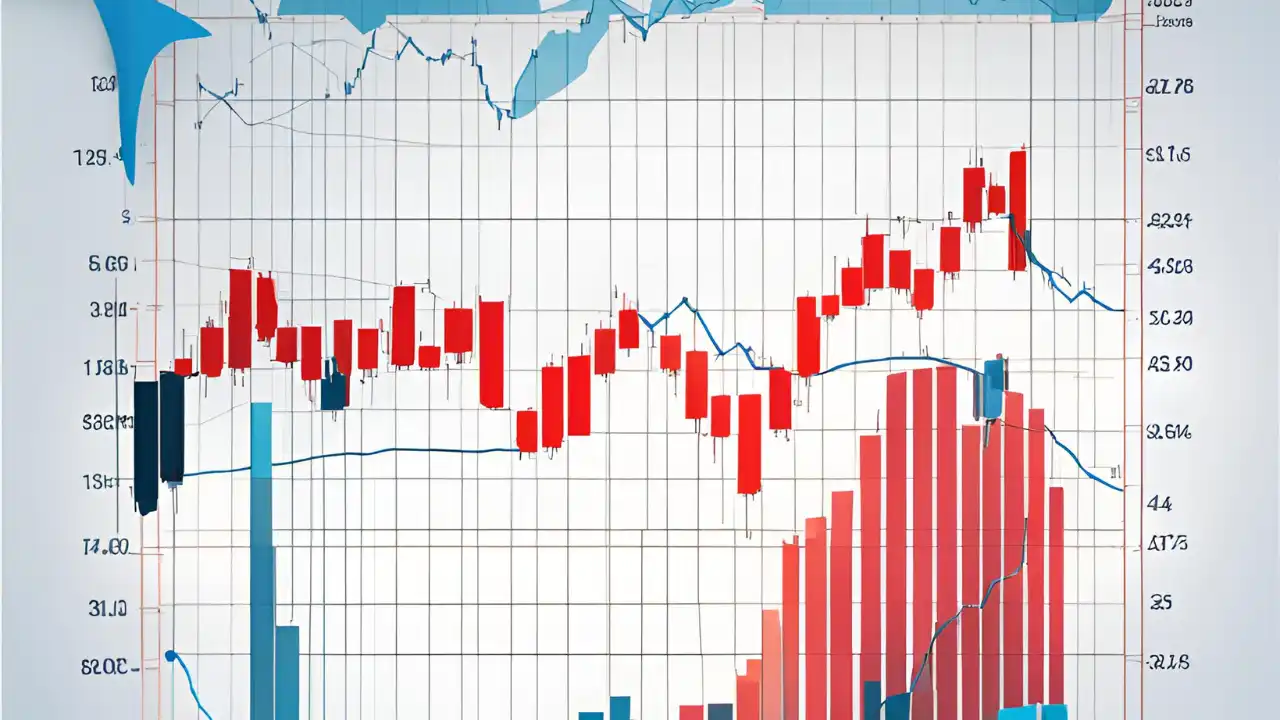If you want to invest in the share market, the first step is to open a Demat account and a Trading account. These two accounts work together to help you buy, sell, and hold shares seamlessly in the modern digital age. Let’s understand what they are and how they function in a simple way.
What is a Demat Account?
A Demat account (short for Dematerialized account) is an electronic account that stores your shares and securities in digital format. Instead of holding physical share certificates, everything is maintained online, making it safe and easy to access.
Think of it as a savings account, but instead of money, it holds your investments like shares, bonds, mutual funds, and ETFs.
Key Features of a Demat Account:
- Digital Storage: All your shares and securities are stored safely in electronic form.
- Eliminates Paperwork: No need for physical certificates, reducing the risk of loss or damage.
- Easy Transfer: Shares can be quickly transferred during buying or selling.
- Accessible Anytime: You can view and manage your investments online anytime.
- Regulated by SEBI: All Demat accounts in India are regulated by the Securities and Exchange Board of India (SEBI) for transparency and security.

What is a Trading Account?
A Trading account is used to place buy or sell orders in the share market. It acts as a bridge between your bank account and your Demat account.
When you buy shares:
- Money is debited from your bank account, and shares are credited to your Demat account.
When you sell shares:
- Shares are debited from your Demat account, and the money is credited to your bank account.
Key Features of a Trading Account:
- Facilitates Transactions: Enables buying and selling of shares.
- Market Access: Connects you to stock exchanges like NSE or BSE.
- Real-Time Prices: Provides live updates of share prices to help you make informed decisions.
- Order Types: Allows placing market orders, limit orders, and stop-loss orders.
- Online and App Access: Most brokers offer trading platforms and mobile apps for ease of use.
Difference Between Demat and Trading Accounts
| Aspect | Demat Account | Trading Account |
|---|---|---|
| Purpose | Stores your shares in digital form. | Used for buying and selling shares. |
| Function | Acts like a storage locker for securities. | Acts like a transaction tool. |
| Connection | Linked to your Trading account. | Linked to your Demat and Bank account. |
| Regulator | Controlled by SEBI and depositories. | Facilitates trades through stock brokers. |
Why Do You Need Both Accounts?
- You need a Demat account to store the shares you buy and a Trading account to execute the actual trades.
- Both accounts are interconnected and necessary for investing in stocks, mutual funds, and other securities.
How to Open a Demat and Trading Account?
- Choose a Broker: Select a trusted stockbroker.
- Complete KYC: Submit documents like Aadhaar, PAN card, and proof of address for verification.
- Link Bank Account: Ensure your bank account is linked to facilitate fund transfers.
- Sign Agreement: Agree to terms and conditions outlined by the broker.
- Get Login Details: Once approved, you’ll receive login credentials for your online account.
Benefits of Having a Demat and Trading Account
- Convenience: Manage and trade all your investments online with ease.
- Safety: Digital records eliminate the risk of losing physical certificates.
- Flexibility: Invest in stocks, bonds, mutual funds, and ETFs from a single platform.
- Speed: Transactions are processed quickly in real-time.
- Transparency: Complete visibility of your portfolio and transactions.
Conclusion
A Demat account is like a storage vault for your shares, and a Trading account is your gateway to the share market. Together, they make investing smooth, safe, and efficient. Whether you’re a beginner or an experienced investor, understanding these accounts is essential for successful trading in the stock market.
Ready to start your investing journey? Open a Demat and Trading account today and take your first step toward wealth creation!